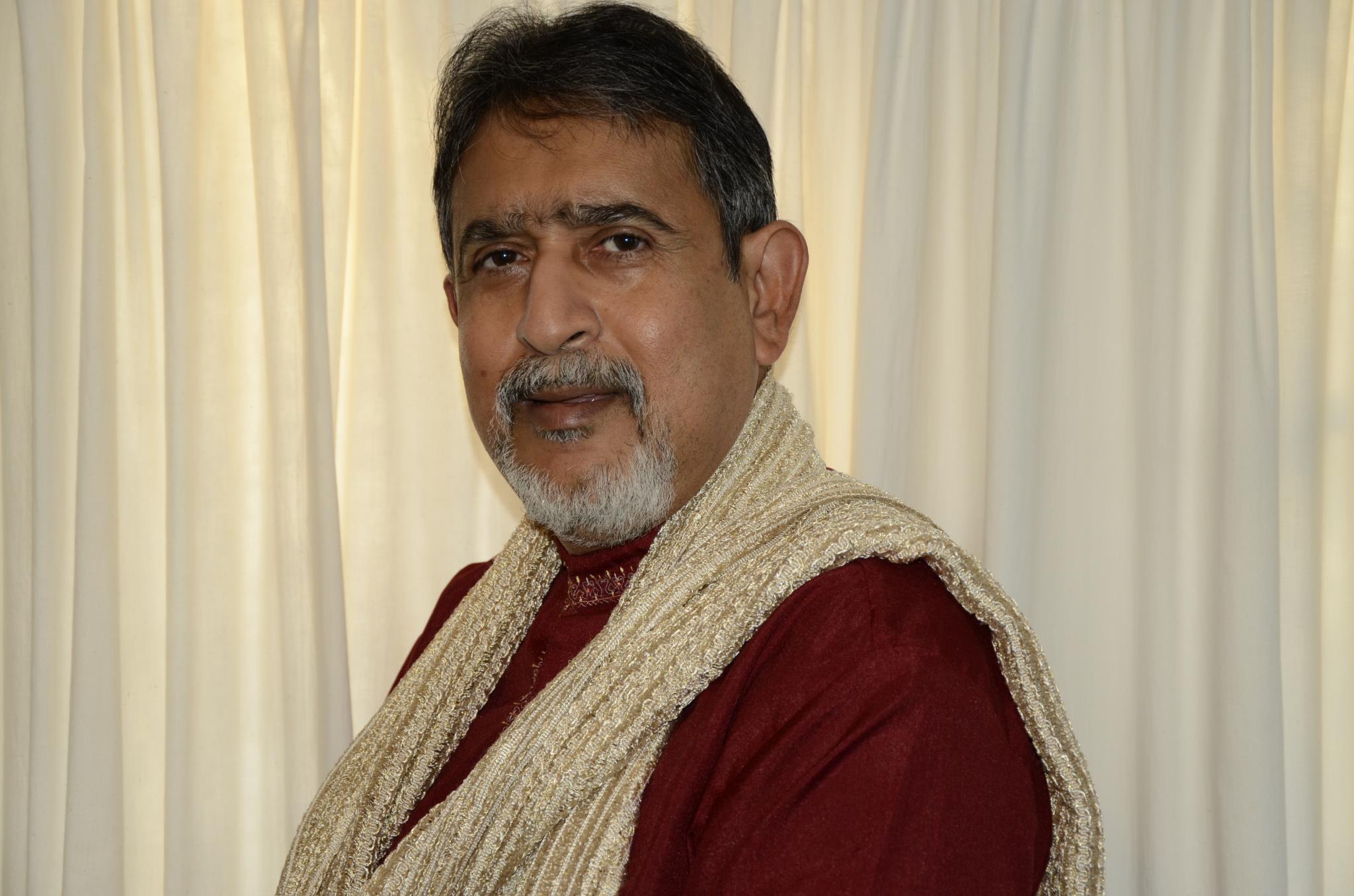As the Hindu Community of California or Surrey gather in your respective functions to sing Ramayan or participate in other pooja or bhajans, please ponder this issue – how come you are singing Ramayan in Hindi, maintaining your culture and are a pride to Hinduism and Indianness when the Indians from India have a greater tendency of becoming black Sahibs – people who change their religion and cannot read Hindi and claim not to understand or speak Hindi. Who do you give credit for this to?
You must thank our forbears- our Girmitiyas. When Indo Fijians nowadays come from Fiji, they will bring yagona and duty free liquor with them. But what did those Girmitiyas bring from India wrapped in their dhotis. No bhang or duty free alcohol – but they brought Ramayan, Gita and their language and culture with them, and we are so thankful for that, but are so selfish to have forgotten their sacrifices. While on Thanksgiving Day, you think of those who sacrificed for America, why cannot we set aside at least one day to think of those who sacrificed their life for us Indo Fijians?
We should be thankful for the vision of our forbears for giving so much priority for education. One of the most important matters affecting new settlers at that time was education. It was British policy to keep the farmers in bondage and the best way of doing this was to keep them uneducated and ignorant. However, after their long suffering in Fiji, the girmitiyas realised the value of education and salvation via such means. They swore that never again would anybody subject their children and new generation to the indignity that they went through.
It is from such thoughts and views that various religious groupings decided to establish schools for their communities. Hence started schools like Rarawai Muslim School, Vashist Muni School, Vunisamaloa Sangam School, DAV College, Khalsa College, Koronubu Indian School, and many rural community and religious based schools throughout Fiji. These schools were started with great deal of personal sacrifice and contributions. Some farmer gave his share of land, while others assigned certain tonnage to go towards the school while others toiled to build the school. This was very unlike the schools set up by government for indigenous Fijians where the full contribution was from the colonial government
It is because of this legacy that today, over 90% of Fiji’s students go to non-government schools and it is because of such vision that today’s third and fourth generation of Girmitiya children are sought after professionals and skilled people in Fiji, New Zealand, Australia and other parts of the world. But how have we repaid this debt.
The tragedy of Indo- Fijians is that they lack selfless political or other forms of benevolent leadership. We have our so called crusaders of cane farmers, multitudes of qualified academics and professors who benefited through taxpayers money to get their degrees, yet they remain deafeningly silent when troubles hit our community. In other progressive democracies and in oppressed regimes, it used to be its academic sons and daughters who took the fight on for their country. In the case of Fiji, it has been a matter of shame.
We have multitudes of prosperous Indo-Fijian lawyers made rich by a bickering Indo-Fijian community, yet how many have got the guts or human conscience to take the fight to seek redress from those who wronged us.
It is unfortunate that even Fiji’s people settled overseas, like in Sacramento, Surrey and in my Auckland have been so immersed in their new found prosperity that any thought of Girmit or Girmitiyas is considered blasphemy and scratching of old wounds. Some three years ago I hoped to mark Girmit Day on May 15 in Auckland, but was shunned by the descendants of Girmitiyas. What a shame. Even a temple supported and frequented by Indo- Fijians in Manurewa in South Auckland with an appropriate hall refused to grant us free use as they had to pay a mortgage for their loan. How about the mortgage that we owe to the sacrifices and suffering of girmitiyas that has landed us in this prosperity now? Can Indo-Fijians settled abroad be so thankless, conceited and selfish?
What I suggest is that we need to tell our children and grandchildren about the stories of Girmit so that they know where they have descended from and how full of suffering has been that first journey in 1869 to 1916 which saw some 60,000 Indians brought to Fiji. Even their descendents in Fiji went through great deal of suffering and discriminations by successive governments.
Descendants of girmitiyas, like their forefathers, are like gold – the more you subject them to fire and heat, the brighter and purer it gets. Similarly, the greater the degree of injustice and atrocities they suffer through hands of colonialists and now modern “sahibs” in form of past Fiji government’s institutionalized racial policies, the better they excel in life. We as children of girmit, like our forefathers have learnt to better ourselves when passing through adversity.
This article is dedicated by the children of girmit to the other 60,000 Bansi, Bhura and jahaji bhai ( travelling shipmate) Bholai who transformed Fiji from a cannibalistic tribalism and jungle to a flourishing democratic country which is referred to as crown jewel of Pacific through sacrifices and suffering of girmitiyas.
Unfortunately, history fails to recognize or acknowledge this. As we marked the 131 years of the first arrival of indentured labourers to Fiji on 14 May, 2010, this article is meant as a wreath on the graves of girmitiyas (shradhanjali ke do phool ) to whom the whole of Fiji and those who originated in Fiji owes its gratitude. And so do we, the descendants of the Girmitiyas.
